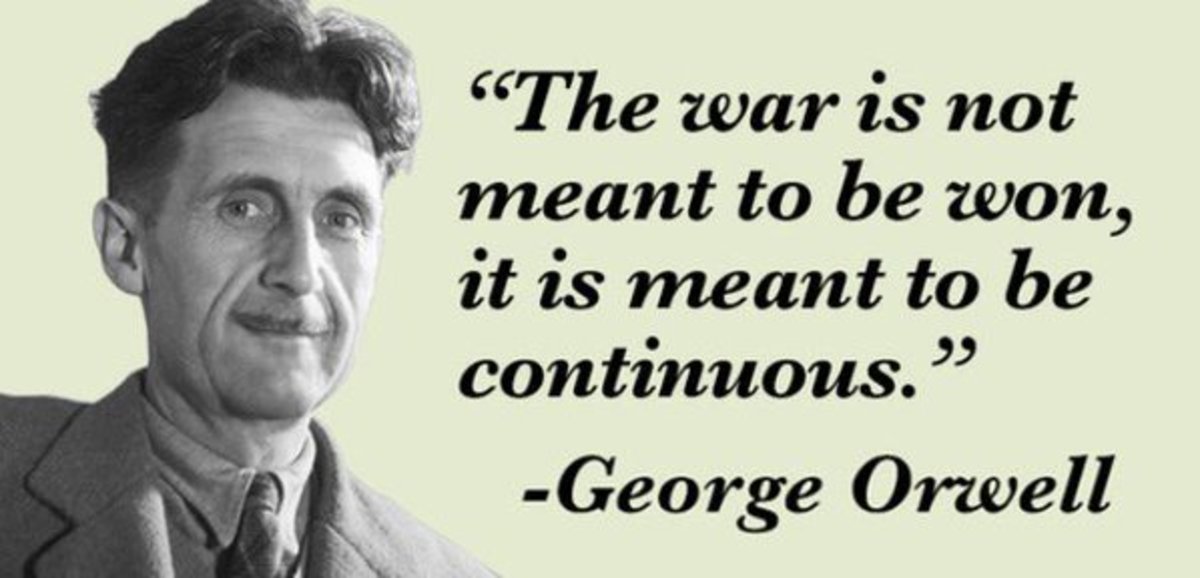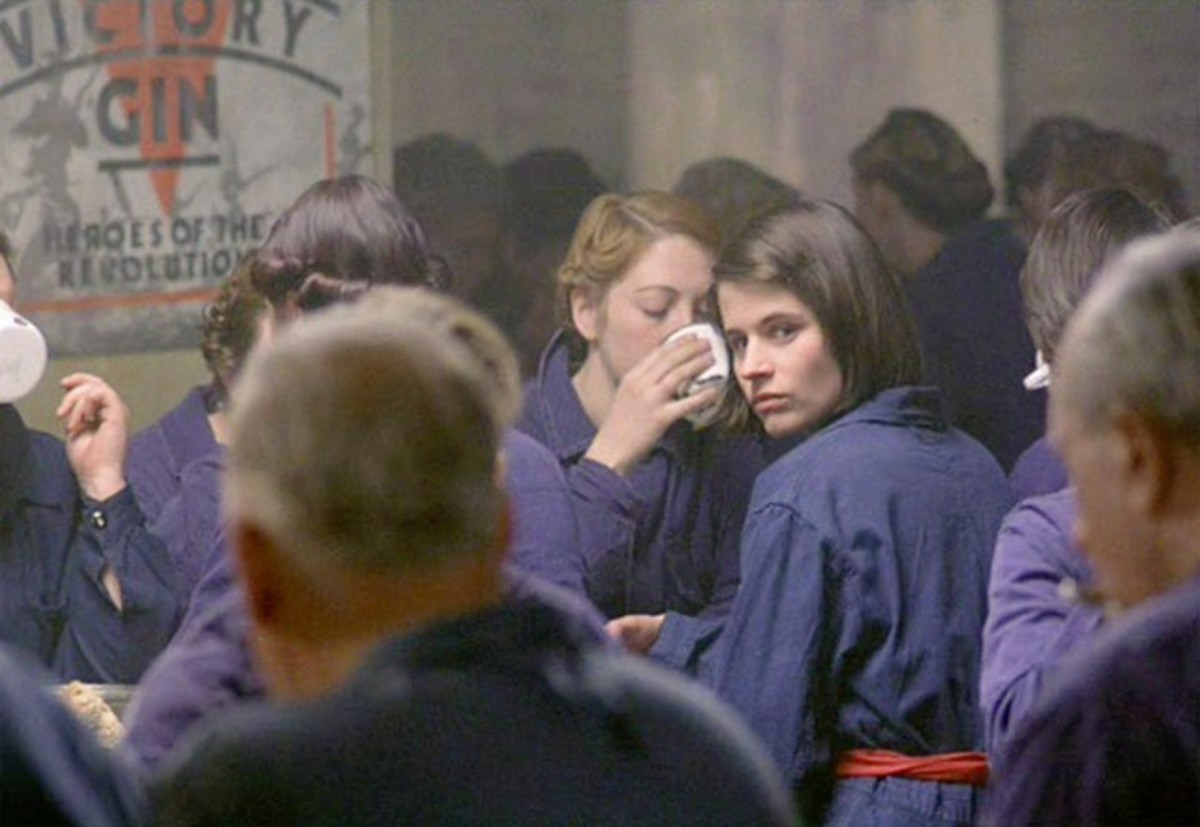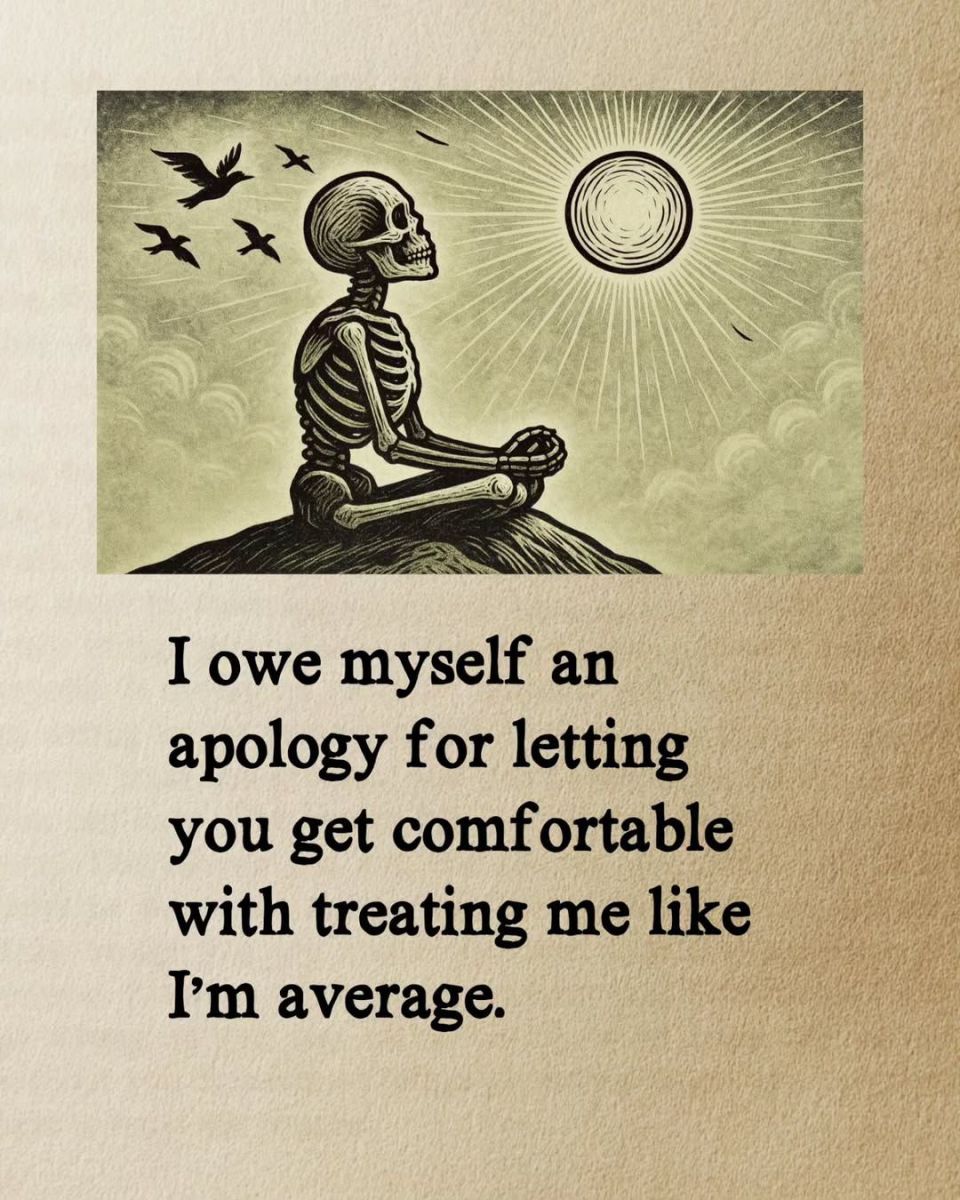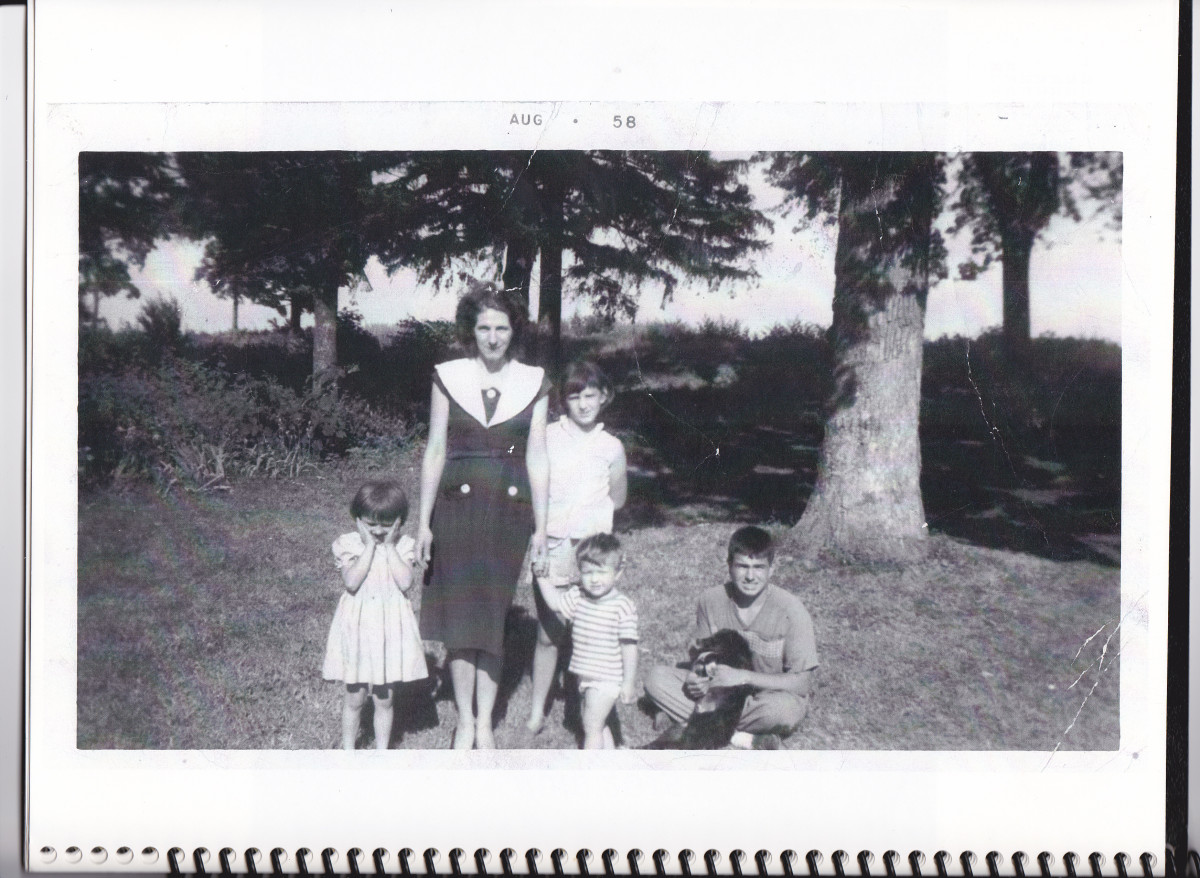The Theme of Control in George Orwell's 'Nineteen Eighty-Four'
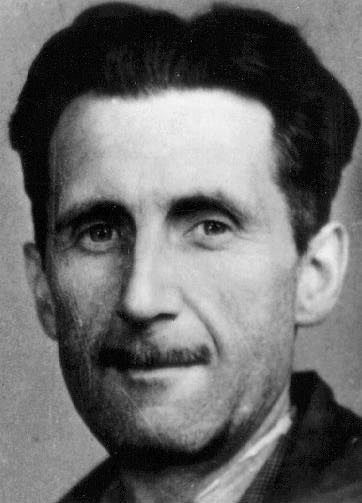
The theme of control, both the desire for it and the various ways that it can be exerted, is at the heart of the George Orwell's novel, Nineteen Eighty-Four. First published in 1949, the novel was intended by Orwell as both a criticism of, and a warning against, totalitarianism, and the control that can potentially be exerted by a dictatorship over its people. It did this by taking the control exerted by a totalitarian government - in this case the Party, represented by Big Brother - to its most extreme form: giving the reader a look at a country where even the most basic freedoms are denied to the people.
The protagonist, Winston Smith, works in the Ministry of Truth, a government department dedicated to the sole purpose of revising and reshaping history to better suit the current stance of the Party. In doing this, the Party believes it will be able to maintain its position of power over the people by virtue of the simple fact that it can revise history in such a way that it will appear as though the Party has always been powerful, and has always been right – essentially presenting itself as an omniscient force in the lives of its people. Something irrefutable and undeniable – and, something that cannot be fought against.
The desire for complete control quite naturally leads to a desire for control over the daily lives of the people, too. While the Proles are kept distracted and complacent with a series of minor distractions, the people of the Outer Party, who represent the bulk of Party membership while at the same time being kept from the true power and authority held by the Inner Party, are subjected to a control that is, at the same time, much more overt and more subtle. Thought-crime is considered to be the most dangerous threat to the imposed stability of the Party – and, the Thought Police were created to monitor and suppress it. What thought-crime entails is basically any thought or feeling that goes against the standards set by the Party, and by Big Brother – it can be treasonous and rebellious thoughts, though it does not have to be. Winston and Julia become guilty of thought-crime simply by virtue of their feelings for each other, their desire to share moments together free from Party observation and control, and their growing belief that the Party is not omniscient after all – that there is the possibility of more to life than what Big Brother allows them. Thoughts and feelings are something that the Party cannot control, so they must be stamped out.
Even in language the Party seeks to control its people. With the development of the new, officially recognized language of New-speak being a direct attempt to eliminate political dissent by simply removing a person's ability to express it. New-speak, as a language, was based on the common belief that language defines culture, thought and personal identity – and, so, a language in which it is simply impossible to express any thought that goes against Big Brother, or the Party, would ultimately weed out one's ability to even form thoughts of dissent. As such, this is a level of control beyond even the Party's attempts to weed out thought-crime – reshaping the very language the people speak so that even expressing thought-crime becomes impossible.
Most importantly, though, is the revelation coming from the character of O'Brien, a high ranking member of the Inner Party, that this control is not a means to an end, but quite simply the end in itself. People outside of the Inner Party, O'Brien claims, may be able to delude themselves into believing that the control maintained over the people of Oceania serves some greater purpose – either in the simple necessity of sacrificing in order to better stand against their enemies, or in guiding Oceania and its people to a better future. But, the truth is that, for the Inner Party, power and control for its own sake is all that is desired. This is why Winston and Julia, whose only crimes were having lives and desires separate from the Party, and Big Brother, represented any sort of threat. They were not revolutionaries, or freedom fighters, though they are still a significant threat. A totalitarian government rules on fear, and unquestioning obedience – this was the point that George Orwell wished to make in writing Nineteen Eighty-Four. Rejecting fear and rejecting blind obedience will lead to rejecting the totalitarian dictatorship that demands it – which is why, in the mind of O'Brien and the Inner Party, Winston and Julia needed to be broken.
© 2014 Dallas Matier


